 Eye of Providence, 2025, 60″x60″, Ink, vinyl paint, and acrylic pen on polypropylene
Eye of Providence, 2025, 60″x60″, Ink, vinyl paint, and acrylic pen on polypropylene
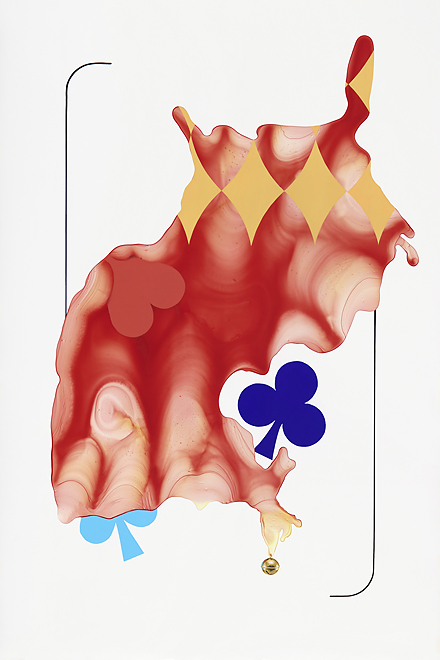 Joker, 2025, 60″x40″, Ink, vinyl paint, and acrylic pen on polypropylene
Joker, 2025, 60″x40″, Ink, vinyl paint, and acrylic pen on polypropylene
 Cosmic Donut, 2025, 14″x14″, Ink, vinyl paint, and acrylic pen on polypropylene
Cosmic Donut, 2025, 14″x14″, Ink, vinyl paint, and acrylic pen on polypropylene
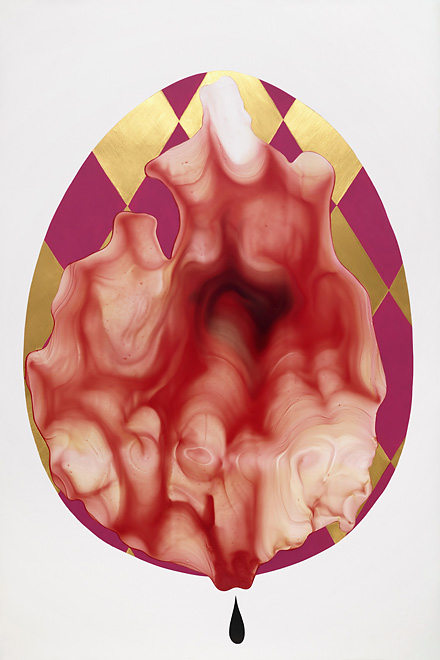 Cosmic Egg, 2025, 60″x40″, Ink, vinyl paint, and acrylic pen on polypropylene
Cosmic Egg, 2025, 60″x40″, Ink, vinyl paint, and acrylic pen on polypropylene
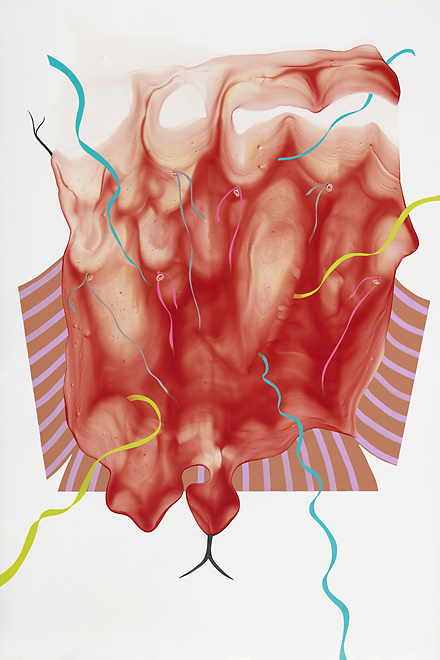 Pandora’s Box, 2025, 60″x40″, Ink, vinyl paint, and acrylic pen on polypropylene
Pandora’s Box, 2025, 60″x40″, Ink, vinyl paint, and acrylic pen on polypropylene
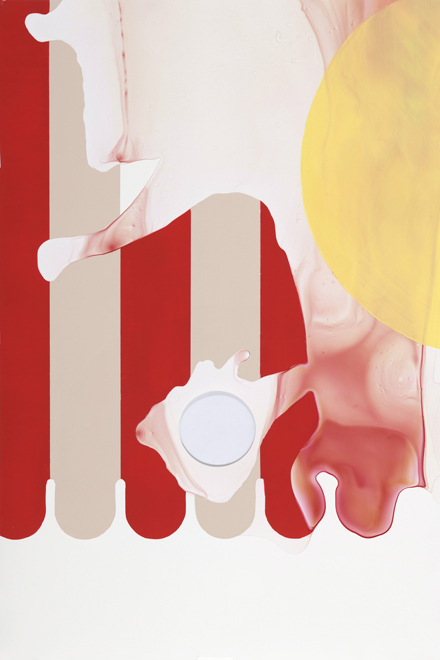 Glory Hole, 2025, 36″x24″, Ink, vinyl paint, and acrylic on polypropylene with a hole cutout
Glory Hole, 2025, 36″x24″, Ink, vinyl paint, and acrylic on polypropylene with a hole cutout
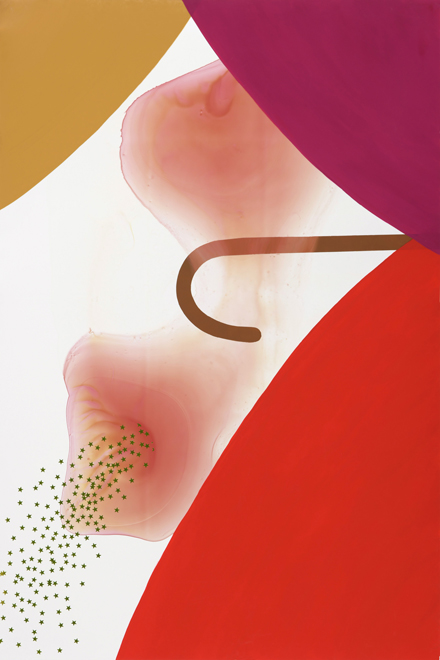 Getting the Hook, 2025, 60″x40″, Vinyl paint, ink, gouache, and foil star stickers on polypropylene
Getting the Hook, 2025, 60″x40″, Vinyl paint, ink, gouache, and foil star stickers on polypropylene
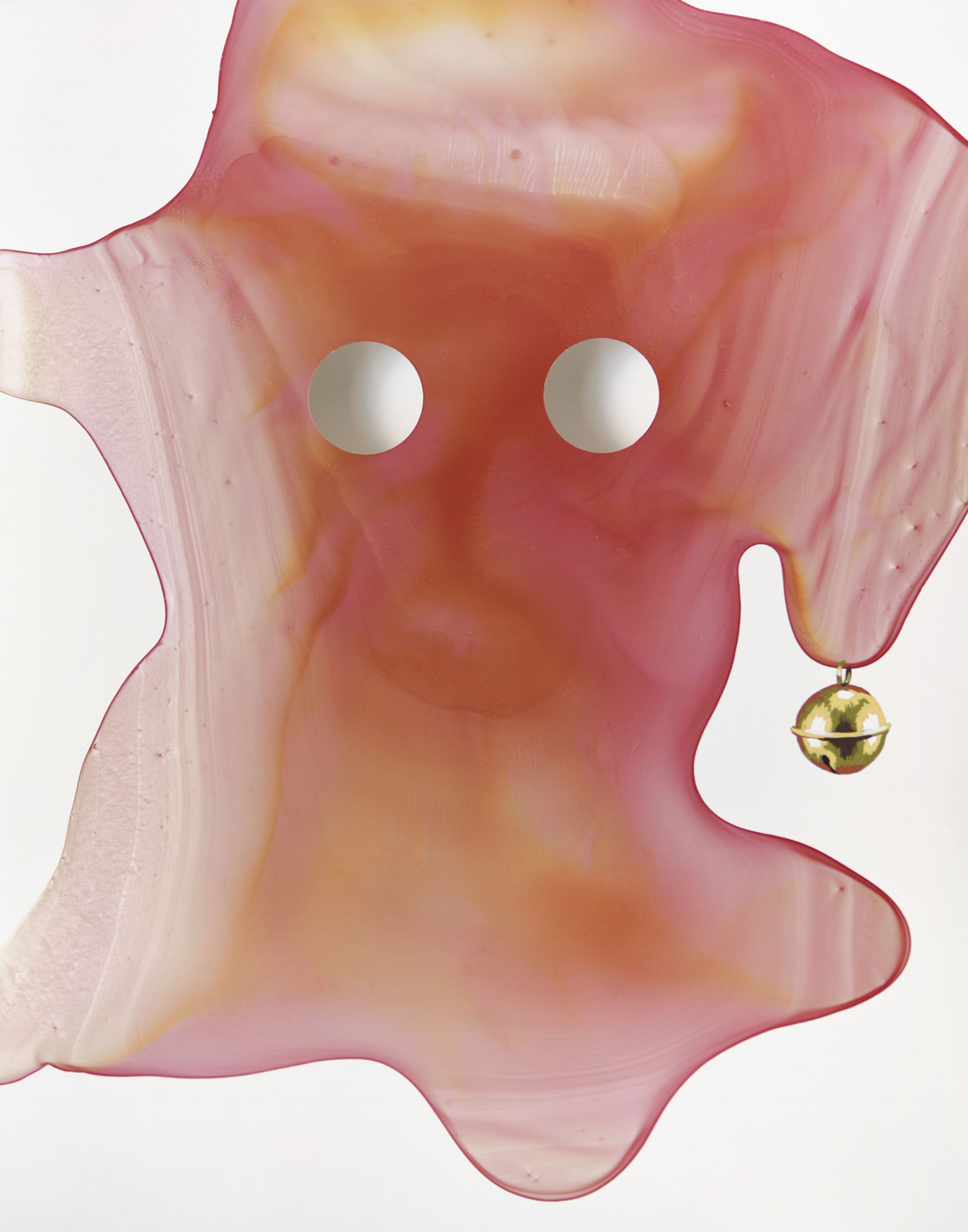 Fooled You, 2024, 14″x11″, Ink and acrylic pen on polypropylene with two hole cutouts
Fooled You, 2024, 14″x11″, Ink and acrylic pen on polypropylene with two hole cutouts
 Eat Me, 2024, 30″x22″, Ink, vinyl paint, and acrylic pen on polypropylene
Eat Me, 2024, 30″x22″, Ink, vinyl paint, and acrylic pen on polypropylene
 Sausage Fest, 2024, 24″x18″, Ink, vinyl paint, and acrylic pen on polypropylene
Sausage Fest, 2024, 24″x18″, Ink, vinyl paint, and acrylic pen on polypropylene
 Gnome Nose Gag, 2024, 18″x12″, Ink, gouache, vinyl paint, and acrylic medium on polypropylene
Gnome Nose Gag, 2024, 18″x12″, Ink, gouache, vinyl paint, and acrylic medium on polypropylene
 Cannonball, 2024, 16″x20″, Ink and vinyl paint on polypropylene
Cannonball, 2024, 16″x20″, Ink and vinyl paint on polypropylene
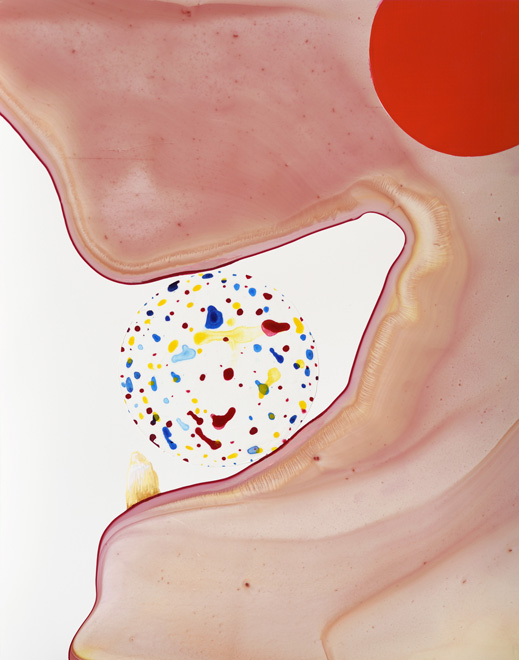 Jawbreaker, 2024, 14″x11″, Ink, vinyl paint, acrylic gloss medium, and acrylic pen on polypropylene
Jawbreaker, 2024, 14″x11″, Ink, vinyl paint, acrylic gloss medium, and acrylic pen on polypropylene
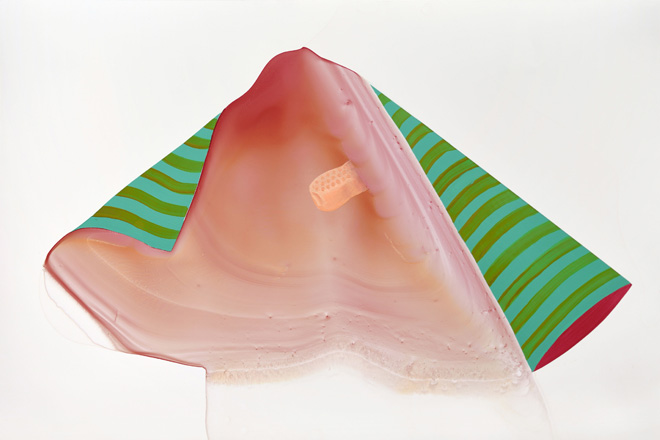 Gag Gift, 2024, 12″x18″, Ink, vinyl paint, gouache, and acrylic pen on polypropylene
Gag Gift, 2024, 12″x18″, Ink, vinyl paint, gouache, and acrylic pen on polypropylene
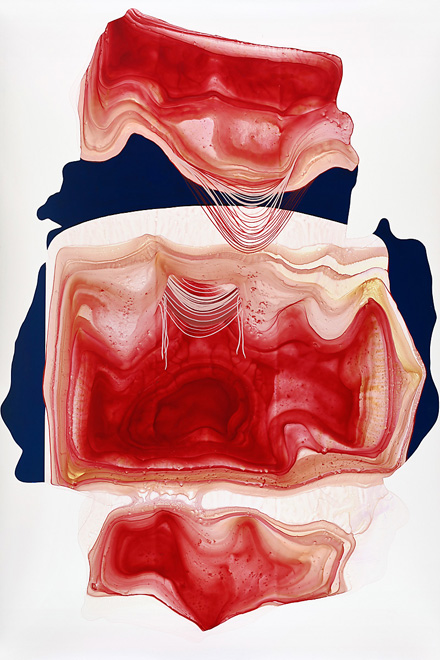 Curtain Call, 2023, 60″x40″, Ink, vinyl paint, and acrylic pen on polypropylene
Curtain Call, 2023, 60″x40″, Ink, vinyl paint, and acrylic pen on polypropylene
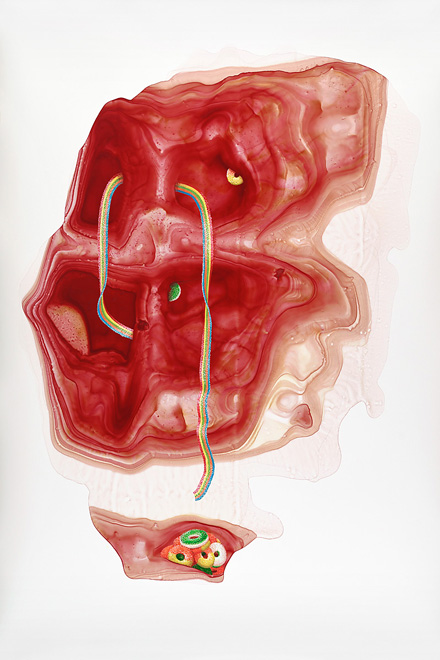 Sour Gummy Challenge, 2023, 60″x40″, Ink and acrylic pen on polypropylene
Sour Gummy Challenge, 2023, 60″x40″, Ink and acrylic pen on polypropylene
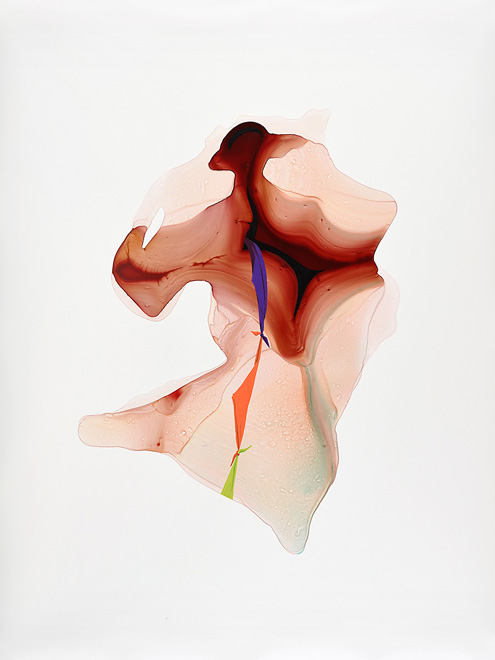 Hanky Streamer, 2023, 48″x36″, Ink and acrylic pen on polypropylene
Hanky Streamer, 2023, 48″x36″, Ink and acrylic pen on polypropylene
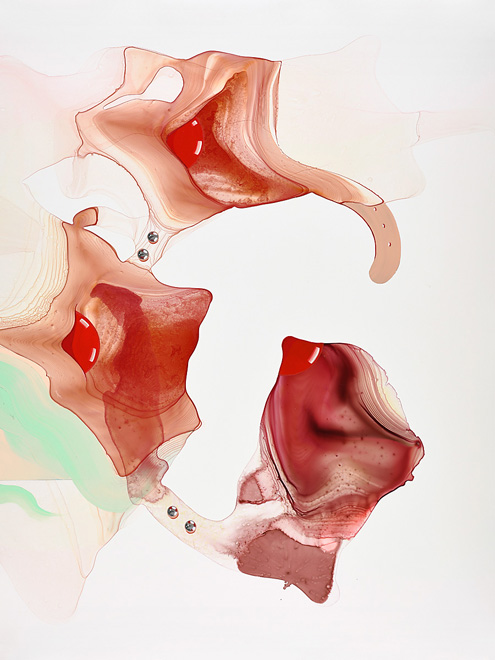 Ball Gag Juggler, 2023, 40″x30″, Ink, gouache, vinyl paint, acrylic pen, and acrylic gloss medium on polypropylene
Ball Gag Juggler, 2023, 40″x30″, Ink, gouache, vinyl paint, acrylic pen, and acrylic gloss medium on polypropylene
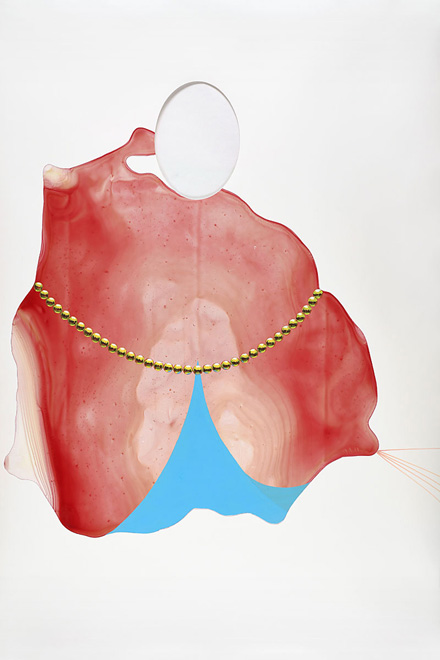 Venus (Your Face Here), 2023, 60″x40″, Ink, vinyl paint, and acrylic pen on polypropylene with oval hole cutout
Venus (Your Face Here), 2023, 60″x40″, Ink, vinyl paint, and acrylic pen on polypropylene with oval hole cutout
 Flossy, 2023, 60″x40″, Ink, vinyl paint and acrylic pen on polypropylene
Flossy, 2023, 60″x40″, Ink, vinyl paint and acrylic pen on polypropylene
 Sick Moves (Socks and Thong), 2023, 60″x40″, Ink, vinyl paint, and acrylic pen, on polypropylene
Sick Moves (Socks and Thong), 2023, 60″x40″, Ink, vinyl paint, and acrylic pen, on polypropylene
 Moonbeams, 2022, 14″x11″, Ink and acrylic on polypropylene
Moonbeams, 2022, 14″x11″, Ink and acrylic on polypropylene
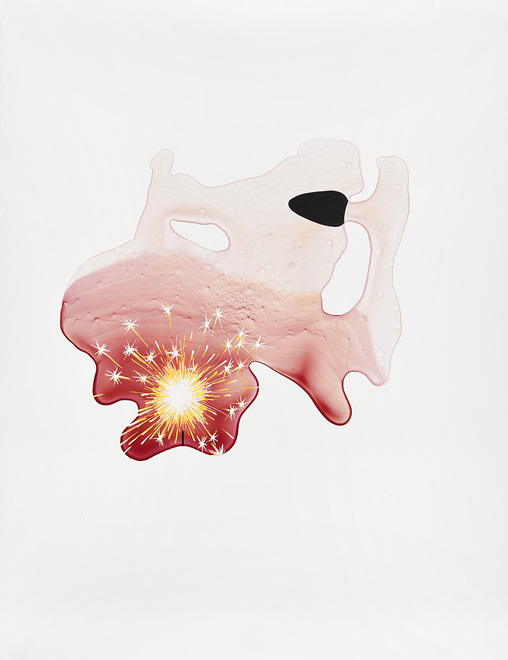 Spark Plug, 2022, 26″x20″, Ink, vinyl paint, and acrylic pen on polypropylene
Spark Plug, 2022, 26″x20″, Ink, vinyl paint, and acrylic pen on polypropylene
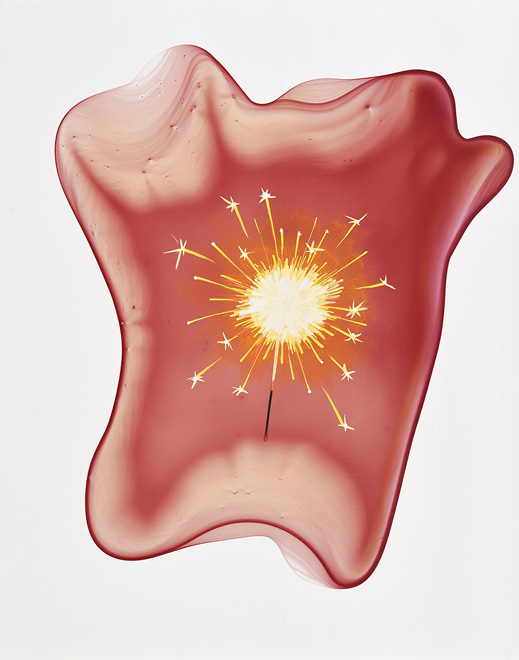 Sparkler, 2022, 14″x11″, Ink and acrylic pen on polypropylene
Sparkler, 2022, 14″x11″, Ink and acrylic pen on polypropylene
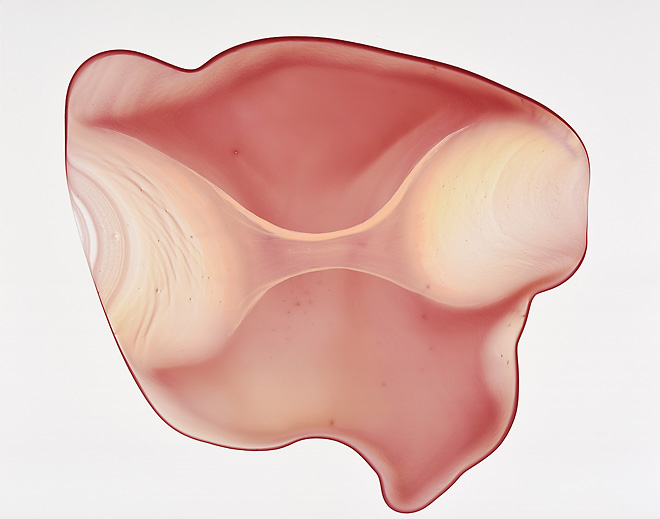 Taffy Pull, 2022, 11″x14″, Ink and vinyl paint on polypropylene
Taffy Pull, 2022, 11″x14″, Ink and vinyl paint on polypropylene
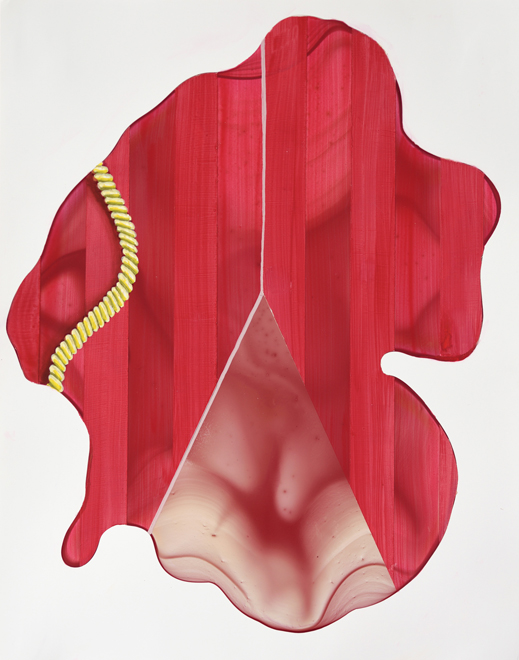 Burlesque, 2022, 14″x11″, Ink, vinyl paint, and acrylic pen on polypropylene
Burlesque, 2022, 14″x11″, Ink, vinyl paint, and acrylic pen on polypropylene
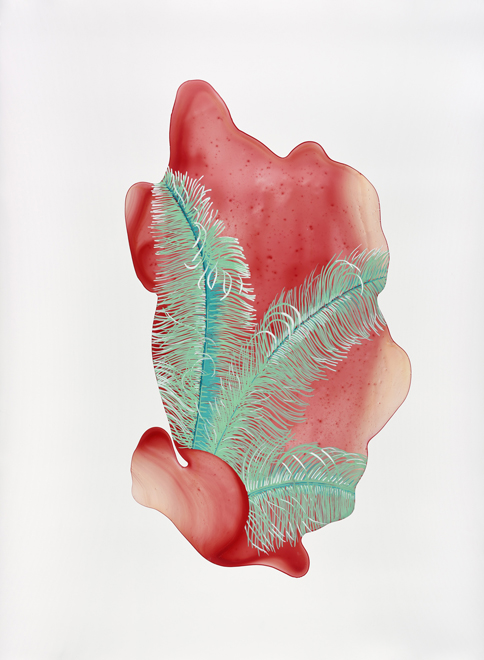 Fan Dancer, 2022, 22″x30″, Ink and acrylic pen on polypropylene
Fan Dancer, 2022, 22″x30″, Ink and acrylic pen on polypropylene
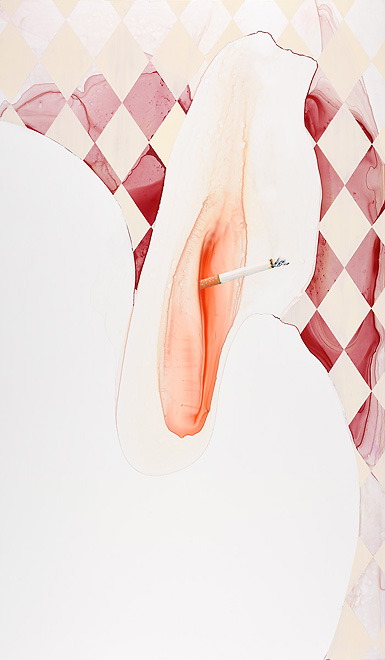 Trickster, 2022, 24″x14″, Ink, vinyl paint, and acrylic pen on polypropylene
Trickster, 2022, 24″x14″, Ink, vinyl paint, and acrylic pen on polypropylene
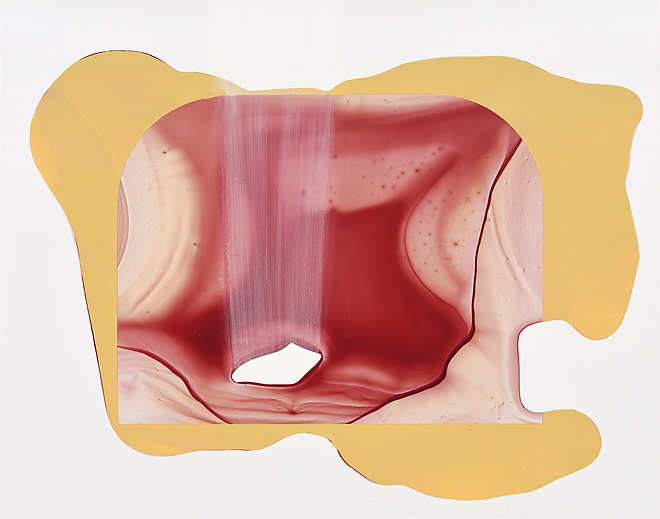 Proscenium, 2022, 11″x14″, Ink, vinyl paint, and acrylic on polypropylene
Proscenium, 2022, 11″x14″, Ink, vinyl paint, and acrylic on polypropylene
 Pucker Up, 2022, 14″x11″, Ink and acrylic pen on polypropylene
Pucker Up, 2022, 14″x11″, Ink and acrylic pen on polypropylene
 Inner Gummies, 2022, 26″x20″, Ink and acrylic pen on polypropylene
Inner Gummies, 2022, 26″x20″, Ink and acrylic pen on polypropylene
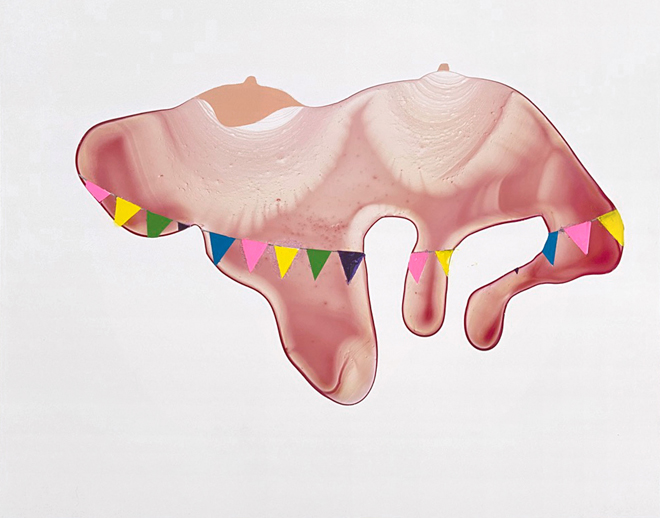 Grand Tetons, 2022, 16″x20″, Ink, Vinyl paint and acrylic pen on polypropylene
Grand Tetons, 2022, 16″x20″, Ink, Vinyl paint and acrylic pen on polypropylene
 Carnival solo exhibition at Hyde Park Art Center, Chicago, IL, 2025-2026
Carnival solo exhibition at Hyde Park Art Center, Chicago, IL, 2025-2026
 Carnival solo exhibition at Hyde Park Art Center, Chicago, IL, 2025-2026
Carnival solo exhibition at Hyde Park Art Center, Chicago, IL, 2025-2026
 Carnival solo exhibition at Hyde Park Art Center, Chicago, IL, 2025-2026
Carnival solo exhibition at Hyde Park Art Center, Chicago, IL, 2025-2026
 Cavities and Heights solo exhibition at Arts and Literature Laboratory, Madison, WI, 2025
Cavities and Heights solo exhibition at Arts and Literature Laboratory, Madison, WI, 2025
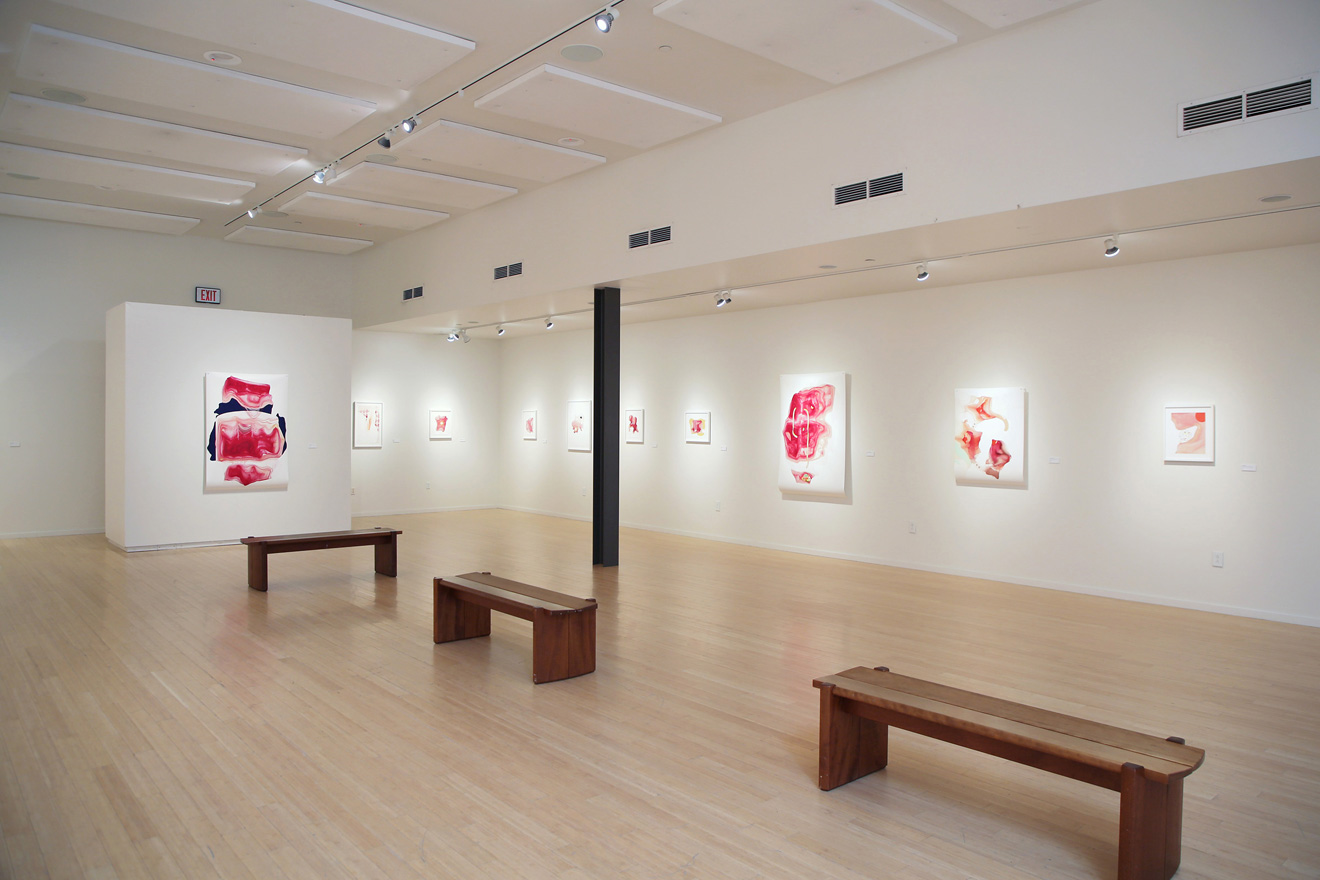 Topsy-Turvy solo exhibition at Lawrence Arts Center, Lawrence, KS, 2025
Topsy-Turvy solo exhibition at Lawrence Arts Center, Lawrence, KS, 2025
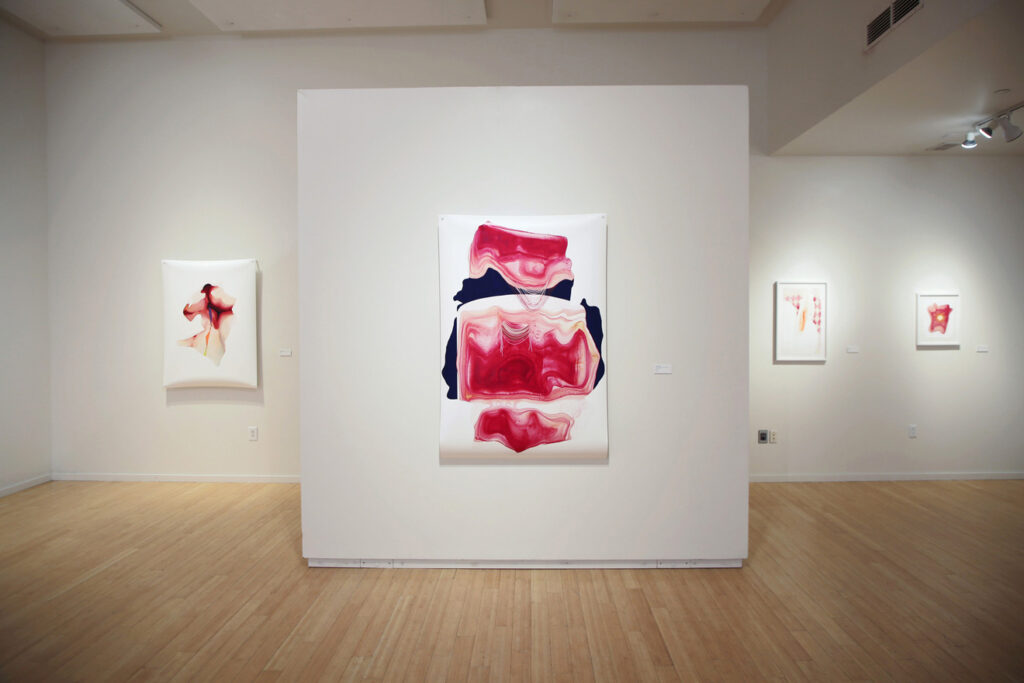
Topsy-Turvy solo exhibition at Lawrence Arts Center, Lawrence, KS, 2025
 Floss Wagon solo exhibition at Compound Yellow, Oak Park, IL, 2025
Floss Wagon solo exhibition at Compound Yellow, Oak Park, IL, 2025
 Floss Wagon solo exhibition at Compound Yellow, Oak Park, IL, 2025
Floss Wagon solo exhibition at Compound Yellow, Oak Park, IL, 2025
 Breeches for Headgear duo exhibition at Roots & Culture Contemporary Art Center, Chicago, IL, 2024 (with Lauren Carter’s piece on the right)
Breeches for Headgear duo exhibition at Roots & Culture Contemporary Art Center, Chicago, IL, 2024 (with Lauren Carter’s piece on the right)
 Trickster installation view at Roots & Culture Contemporary Art Center, Chicago, IL, 2024
Trickster installation view at Roots & Culture Contemporary Art Center, Chicago, IL, 2024
This body of work began in response to tales of French medieval marketplace carnivals.
A Statement on the Carnival Series
Carnival-Related Reference Links
Read about how the work developed
Read about the early stages of this work
Artwork Menu









































